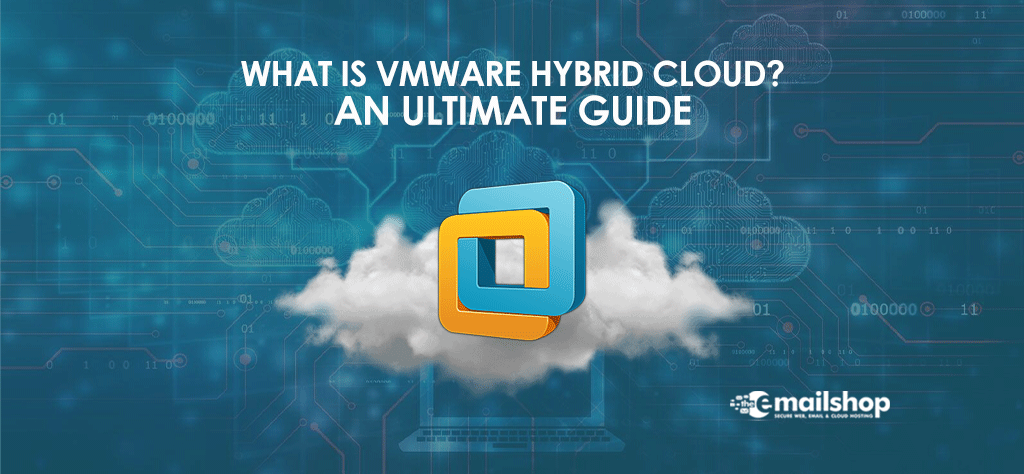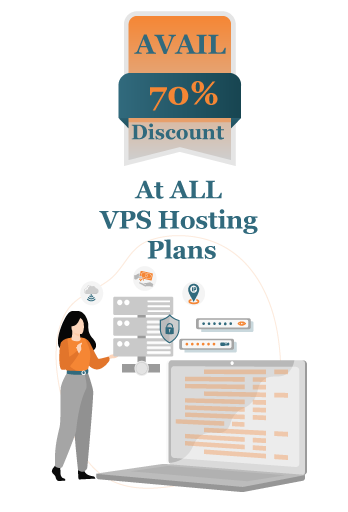The discussion of public cloud, private cloud and their relation with VMware is a trendy discussion on the internet. Here we have brought you an in-depth guide about the working of VMware hybrid cloud. Also, we will discuss the technologies that empower it, its primary advantages, and its prominent use cases.
Important Terminologies
It is essential to know the problematic terms to understand their definition.
Public Cloud – Public cloud providers offer resources to a wide range of audience. It literally includes any organization over the internet or any individual over the internet. Providers own all the hardware including storage, and all network elements. Also, the providers maintain them and ensure their proper sharing between many tenants.
Private Cloud – Unlike public cloud services, private cloud infrastructures work on a single tenancy model. They offer exclusive resources to an individual or an organization. It may run in the premises of the private data center of any organization. Private cloud costs more than public cloud but also offers better customization and control.
Hybrid Cloud – It is the combination of both previous models. You can also think of it as the combination of the public cloud and on-premises IT infrastructure. It connects different environments to ensure that data and resource sharing is done in a smooth way.
VMWare Hybrid Cloud
A complete portfolio of services back the VMware hybrid cloud model. These are the services that provide software-defined building blocks for your virtualized infrastructure. A single IT operating model for Virtual Machine (VM) and container workloads is the power that works behind this set of services. Thus, customers can easily run and migrate VMware workloads across on-premises and cloud solutions.
Benefits of VMware Hybrid Cloud
These days organizations are quickly adopting cloud or cloud-first strategy, which is not so easy. They have to go through challenges with legacy applications, security concerns, and IT estates. Then, it is a time-consuming task to develop a cloud framework and governance. Still, there is so much more to it.
You must have the definitions of design principles, billing controls, and security baselines. Your team members need new tools for the security of their cloud servers. Also, you have to make sure that you comply with internal policies.
It is also important how much control your developers and application teams have. What they can and cannot do within their cloud accounts or subscriptions, should be in the knowledge of IT teams.
Cloud providers understand these problems. So, they provide migration tools. They also offer the private connectivity that you require to build a hybrid cloud infrastructure. However, it would still not be so easy to move and re-architecture existing applications. It would take time, and consume a budget.
The consistency of the infrastrcuture and operations across on-premises and cloud platforms are the two unique selling points of VMware.
Here are the primary advantages of VMware Hybrid Cloud
Easier cloud migrations for workloads, with reduced downtime: You can use Hybrid Linked Mode to pair the VMware vCenter Servers that reside in different sites and clouds. This way, a single web interface allows you to manage all virtual machines. You do not have to worry about anything like refactoring workloads. Also, you do not need to modify the file format or network configuration.
Flexibility of cloud and geo-location: It does not take more than some clicks to move the workloads between on-premises or one of five cloud providers. Customers are the one to direct where VM runs. Also, they decide the data center where the Virtual Machines work.
Investment protection and continuity for third-party products: Do not think running the virtual machines is nothing more than running the underlying infrastructure. The scope includes many other things like security products, such as Antivirus and logging. The operational products like backups and monitoring are also the scope of any cloud migration plan. The migration target and source customers can use the existing products through VMware. They can even transfer licenses across to the cloud, in some cases.
Investment protection for people and skills: VMware ensures you do not lose your previous efforts. The admins can keep on using the VMware support products they are familiar with. Then, with the passage of time, teams can start learning native cloud technologies and implement them on a service-by-service basis, when it is needed.
True hybrid applications on-demand: It is super convenient to integrate VMware public cloud solutions with cloud-provider services. This makes workload migration seamless and an effortless procedure. After migration, you can make modifications and modernize the environment however you please. It saves you from the big and time-consuming refactoring.
You May Also Like To Read: Edge Computing vs Cloud Computing
Use Cases for VMware Hybrid Cloud
The design of VMware’s Hybrid Cloud Architecture provides ideal levels of application flexibility and mobility. IT admins get a platform that addresses the needs of every application at the individual level. Hybrid cloud model is for the organization that need:
Data Center Extension
It is best for the organizations who have the plans for extension of data center footprint. You may want to expand to a new region, and it is possible that there is no data center or hosting environment over there.
Disaster Recovery
Customers may want to use their own data center as a primary site with a failover to a cloud Disaster Recovery site, or simply increase business continuity options with scale-out capacity on-demand.
Sometimes, customers prefer using their own data center as a primary site for multiple reasons. It could be a failover to a cloud disaster recovery site. Sometimes, all they are looking for is enhancement in business continuity options with scale-out capacity on-demand.
Cloud Migrations
It is the best option if an organization wants to significantly reduce the business risks, or simplify the workload migration for applications. There are chances that the customers will find migration over the VMware public cloud service much more cost-effective than an on-premises hardware refresh.
Next-Generation Applications
VMware replaces the particular components with highest value return to modernize the legacy applications. It does not prefer rearchitecting a complete service. So developers can enjoy consistent experience across platforms. Hence, they can easily apply the security policies and standards throughout the organization.
VMware hybrid cloud provides the real multi-cloud environment which leads to customers getting the flexibility of running VMware workloads on the cloud hosting provider.
For Discount and Offers, Visit our Official Twitter Page









